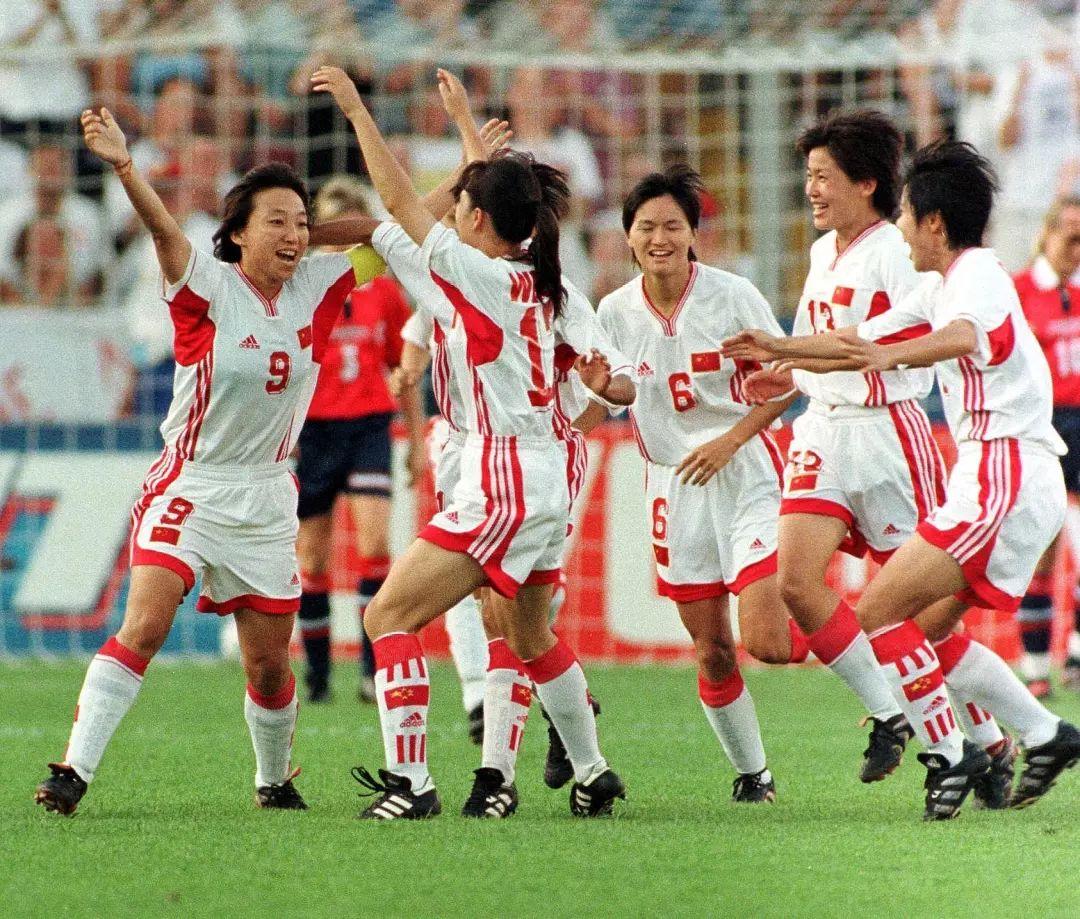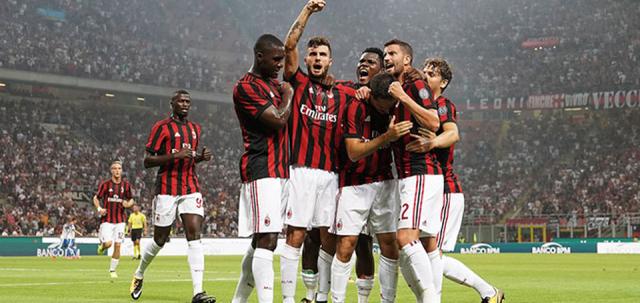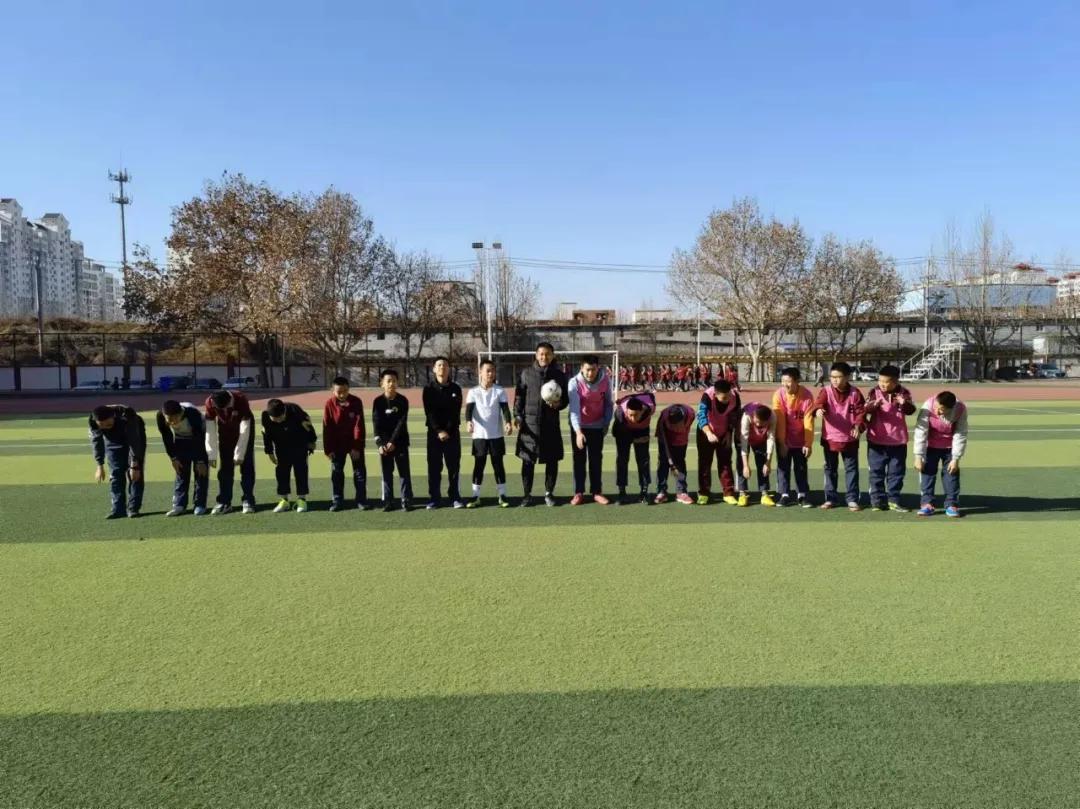When it comes to team sports that captivate millions of fans worldwide, football, also known as soccer in some parts of the world, stands tall as the most popular. Its influence extends beyond the field, shaping cultures, economies, and even political landscapes in many countries. This article aims to provide an English introduction to the beautiful game, exploring its origins, rules, global impact, and the role it plays in people's lives.
The Origins of Football
The roots of football can be traced back to ancient civilizations such as Egypt and Mesopotamia, where games involving kicking a ball into a target were documented. However, the modern version of football as we know it today is believed to have originated in England in the 19th century. The sport was initially called "Association Football" and was first organized in 1863 by a group of football enthusiasts who met at The Freemasons' Tavern in London. This meeting led to the formation of The Football Association (FA), which still governs football in England today.
The Rules of Football
The objective of football is to score more goals than the opposing team by passing, dribbling, and shooting the ball into the opponent's goal using any part of the body except the hands/arms. The game is played on a rectangular field called a pitch, with each team consisting of 11 players. The pitch measures 100-130 yards (90-120 meters) long and 50-100 yards (45-90 meters) wide. The goal is a frame with a horizontal crossbar and vertical posts, 8 yards (7.32 meters) wide and 8.28 feet (2.5 meters) high.
The game is divided into two halves of 45 minutes each, with a 15-minute break in between. The referee is in charge of enforcing the rules and making decisions on any infractions. Other officials include assistant referees and a fourth official who monitors video replays (VAR) in some competitions.
Key Positions on the Field
Goalkeeper: Defends the goal and can use their hands/arms within the penalty area.
Defenders: Form the backline and are responsible for marking opponents and preventing them from scoring.
Midfielders: Act as link between defense and attack, controlling the tempo of the game and providing support for both ends.
Forwards/Strikers: Focus on scoring goals and creating opportunities for their teammates.
Wingers: Play on the sides of the pitch, often looking to create chances through dribbling and crossing.
Global Impact and Popularity
Football's global appeal is unparalleled. It is played in over 200 countries and territories around the world, making it an international language that transcends borders. The FIFA World Cup, organized by FIFA (Fédération Internationale de Football Association), is the most prestigious event in the sport, attracting millions of spectators and billions of television viewers worldwide. The 2018 tournament in Russia was watched by over 3.5 billion people, setting a new record for viewership.
The sport also has a significant economic impact, generating billions of dollars in revenue annually through television rights, sponsorships, ticket sales, and merchandise. Football clubs from various countries compete in domestic leagues, cups, and European competitions like the Champions League and Europa League, fostering fan loyalty and generating revenue for both clubs and players.
Cultural Influences
Football has become an integral part of many cultures, influencing language, fashion, and even politics. In Brazil, it is known as "the beautiful game" and is deeply ingrained in its national identity. Argentina's "La Furia Roja" (The Red Fury) represents their passion for football, while England's Premier League has become a global phenomenon, attracting fans from all corners of the world due to its competitive nature and star-studded rosters.
In some countries, football clubs are almost like a second national team, with fans showing unwavering loyalty and support. This can be seen during derby matches between local rivals or during international tournaments when nations come together under the banner of their respective teams.
Social Impact and Community Building
Beyond its entertainment value, football plays an important role in social integration and community building. It provides a platform for people from different backgrounds to come together and share a common interest. Many schools and communities organize youth leagues to introduce children to the sport at an early age, fostering teamwork, discipline, and sportsmanship. For many young people who may not have other opportunities for social interaction or physical activity, football offers a safe haven where they can develop friendships and self-esteem.
Conclusion
In conclusion, football is more than just a game; it is a cultural phenomenon that unites people from all walks of life under the shared passion for this beautiful sport. Its global reach, cultural influence, economic significance, and social impact make it one of the most influential sports in history. As technology continues to evolve and new formats like eSports gain traction, football's future looks brighter than ever before. It remains a testament to humanity's ability to come together through shared experiences and dreams on the world's largest stage.
















 京公网安备11000000000001号
京公网安备11000000000001号 京ICP备11000001号
京ICP备11000001号
还没有评论,来说两句吧...